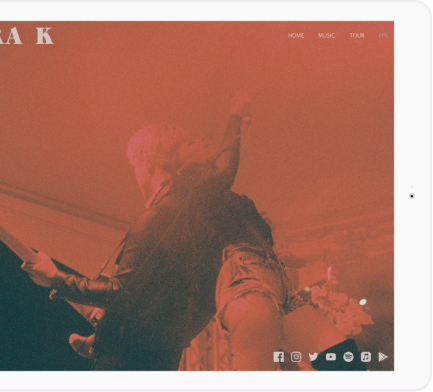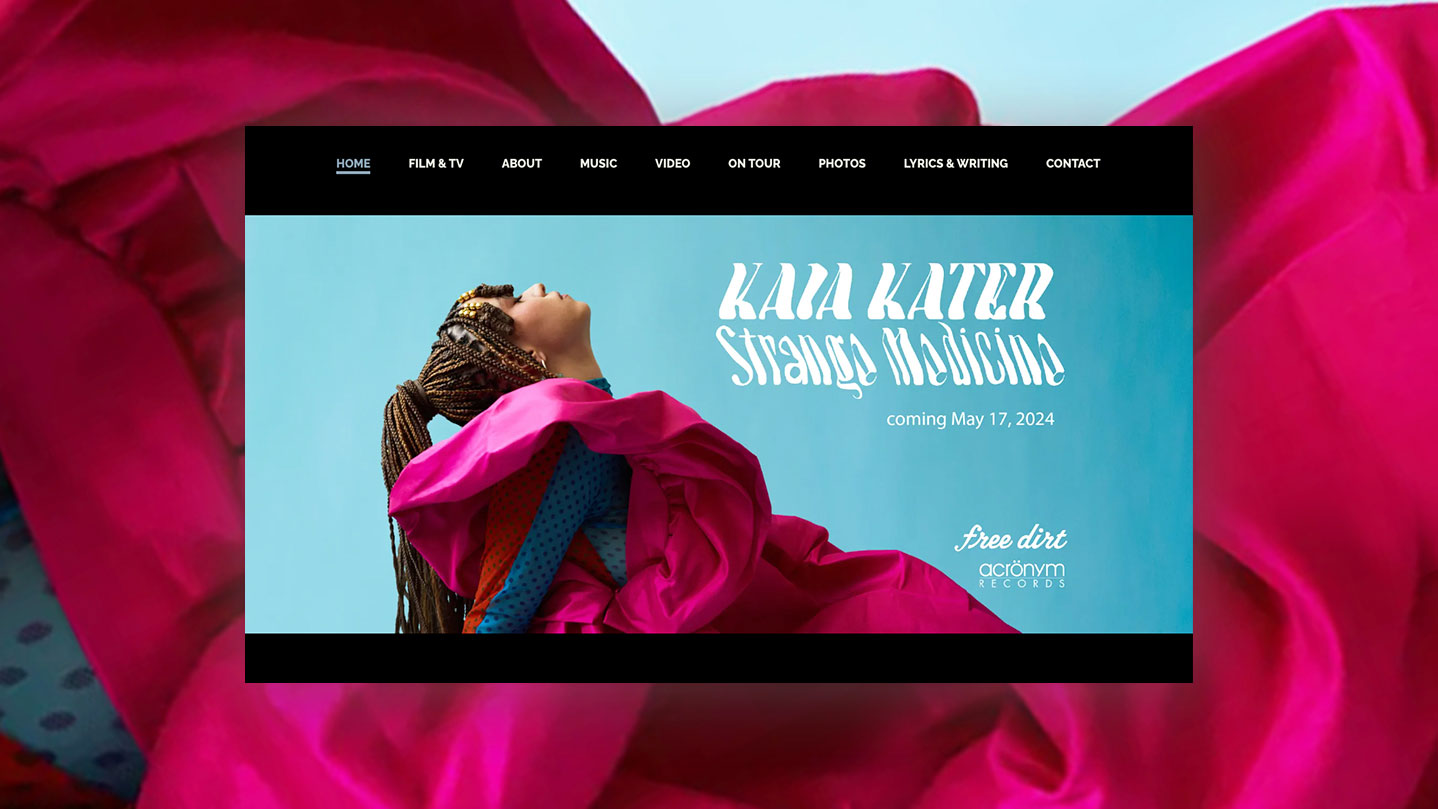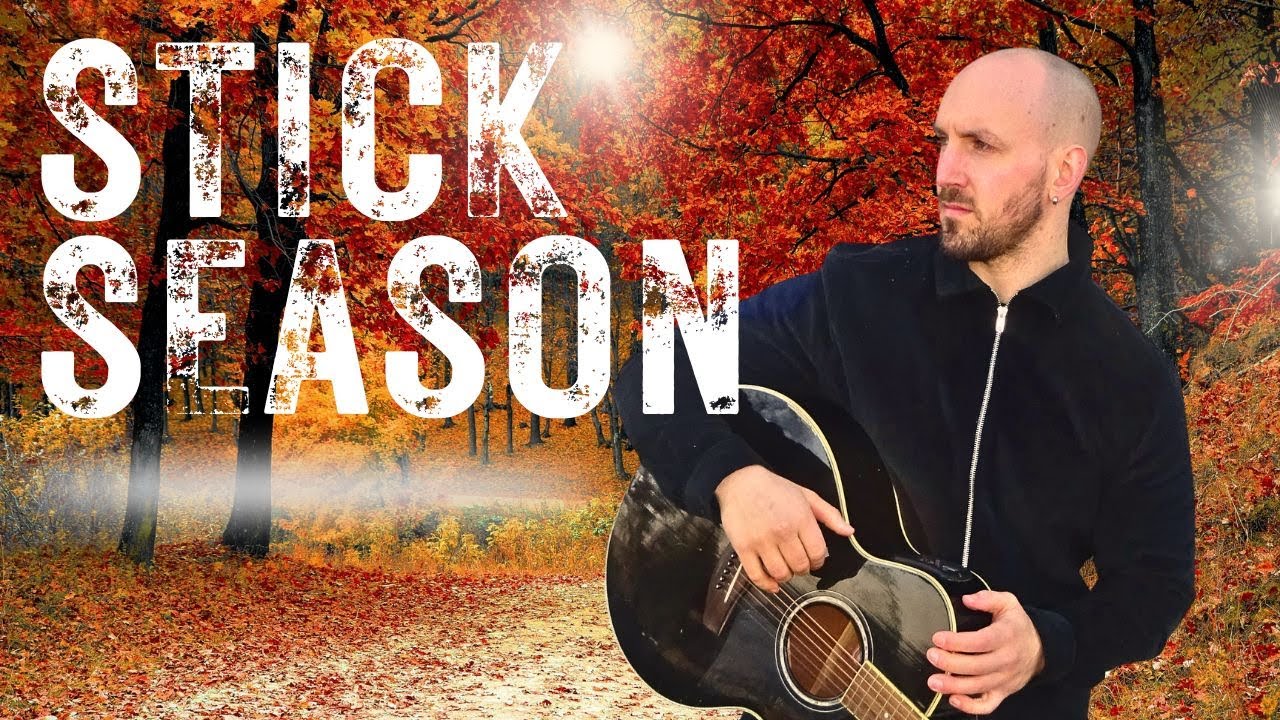Playing at a music festival is one of the surest ways to grow your fan base and gain the attention of industry tastemakers. Earning a coveted slot on a festival lineup is a key indicator that you’re not only an extremely talented musician, but that you’re also serious about promoting your music career and seeing your fanbase grow.
Most festival artistic directors start their planning by securing their headliners. Then they start to fill the other slots with up-and-coming talent, often including musicians who are just starting to gain a following and who are actively promoting their new projects. A common part of festival culture is that people in the audience will discover new artists and follow projects they didn’t previously know about.
For the best chances of securing a slot at a music festival as an indie artist, follow these steps:
1. Tighten up your live show
2. Determine which festivals are right for your music
3. Build a compelling digital press kit
4. Carefully prepare your festival applications
5. Submit your applications
6. Follow up
Getting into music festivals isn’t just about having a great sound and some good luck; it requires research, planning, and commitment. You’ll need to find the best festivals for your band, set up a great website for your music, put together your best electronic press kits, closely follow submission criteria, and be strategic about your music career evolution. Here’s a closer look at the steps you can follow to get your band booked at festivals:
1. Tighten up your live show
Playing a music festival is an excellent way to gain exposure. Because of this, there’s a lot of competition for festival slots that are open to independent bands. To stand a chance of getting a spot, your live show must be memorable. Get your live show to where it needs to be by regularly playing gigs to improve your chops, stage presence, and set lists.
When you apply to a festival, you’re not just selling your music or yourself — it’s really your live show that interests festival promoters. Having a captivating live show conveys your power as a performer, confirming your ability to hold the attention of an audience. These qualities stand out to artistic directors, and help to determine which performers get booked at music festivals.
Focus on networking with local promoters, talent buyers, and fellow musicians while you gain experience playing shows, honing your stagecraft, and growing your local fanbase. The music industry is tightly interconnected, especially if you’re active in your local music scene. If you consistently put yourself out there as a professional act with a great live show, word will get around and you’ll have a better chance of being seen by a talent booker and selected when you apply to festivals.

Create a stunning EPK for your band
Build an electronic press kit you can proudly share with industry, using templates and easy custom design tools for musicians.CREATE YOUR EPK
2. Determine which festivals are right for your music
Playing your show live will help inform your next steps when it comes to applying to music festivals. With a bit of perspective, you’ll be better able to determine which festivals might be a good fit for your band.
While you might initially think that applying to every festival that’s accepting submissions will increase your chances of getting booked, being selective is a much better approach. Value the promoter’s time; be realistic about whether your music is suitable for their festival’s style, and whether your band is ready for a festival draw.
Start your research into potential festivals many months in advance, and target only ones that are likely to book your genre of music. Find out where bands similar to yours have performed, and search festival directories for application opportunities.
Once you’ve assembled a list of a few festivals that seem promising for your project, do some digging into their artist lineups from the last few years to see which indie acts have been selected. Then do some digging into the acts themselves: are the artists based in the same area as the festival? Do they have a solid local draw? How strong is their social media presence? Have they gotten press mentions? Do they have a professional press kit available? Are they represented by an indie or major label, or are they completely DIY?
Try to identify any trends among the bands previously selected by your target festivals for slots in their programming. See how your band stacks up in comparison to help determine if it makes sense to submit an application.
Use a spreadsheet or artist management software to stay organized and track progress on your target festival submissions. For each festival that seems like a good fit for you, track information such as:
- Festival name
- Festival date
- Festival location
- Festival website
- Name of artistic director / festival programmer
- Submission URL / contact info
- Submission deadline
- Submission fee (note that some festivals increase the fee as the deadline approaches)
- Submitted? [yes/no]
- Date you submitted an application
- Accepted? [yes/no]
- Date you received notification of their decision
- Additional notes
Whether or not your application is accepted, tracking this information year over year will help you be strategic about where to apply next. Each year you can circle back to this spreadsheet and decide whether or not to try a particular festival again, or change which festivals you’re approaching as your career evolves.
Be sure to add all important deadlines to your calendar and set reminders so that you don’t miss out on opportunities.
3. Build a compelling electronic press kit
Getting into a music festival as an independent artist is not an easy feat, but it IS possible, and does happen for lots of artists. Remember: the competition to get a festival slot is tight, with lots of artists looking to get booked. You’ll want to make sure your application is professional and stands out. Having great music is the first requirement, sure, but that alone is often not enough to close a deal. Festival bookers also pay close attention to other details to determine whether an act is ready for a festival stage; details like the band’s gig history; any press reviews, accolades, or nominations; any media interviews; whether they have a recent or upcoming release; how many albums / recordings they’ve released; what their recorded music sounds like versus their live performances.
Create a press kit for your band to highlight these important details. A great EPK is crucial to helping you book a music festival slot. Seeing a professional-looking, well-maintained EPK right on your artist website signals to festival bookers that you have your act together and that you’re serious about your music career, which also tells them that you’ll take an opportunity at their festival seriously.
Your press kit should include:
A great bio
Write a musician bio that is concise, attention-grabbing, and that highlights what makes you and your current project / release impressive and unique. Your bio here should be short and to the point, including relevant details such as any other festivals or remarkable shows you’ve played, and any nominations or notable media coverage you’ve received.
Professional photos
No matter how good your music is, festival bookers won’t take you seriously if you don’t present your band in a professional way. High-quality photos are a must to pull together your online presence in your press kit.
In addition to standard press photos, include a few live shots that convey your onstage energy and look. This helps promoters envision you on their festival stage, while showcasing your performance experience.
High-quality live video
What better way to prove to a festival booker that you can put on a memorable show than by including a live performance video in your EPK? Even if it’s footage from a small venue, use a clip that captures your ability to command a crowd and shows that you really nail your songs in live performances – this can translate to a successful festival performance. Make sure your video is filmed well and has good-quality audio.
Press and reviews
Reviews of live shows or albums, as well as any notable media interviews, lend a sense of authority to your music and may help you secure that music festival spot. To keep your press kit concise, use only a quote from each review – one that communicates the quality of your performance chops – and then include a link to the full article for further reading.
Social and streaming links
A promoter or booker will often check out your presence on social media, or your activity on streaming services. These numbers can indicate that you’re an artist willing to put in the work to build a solid fanbase, and might sway the way you’re perceived for the booker’s coveted festival slot. Your EPK should include links to the social / streaming platforms where you’re most active, or have the largest following.
Contact information should be added directly to your EPK as well.
4. Carefully prepare your festival applications
Once your basic application materials are gathered and you’ve assembled your best digital press kit, refer back to the spreadsheet you created to find out what each festival’s requirements are for their submission process. Follow these festivals’ precise steps to the letter – you don’t want to miss your chance at playing a festival slot just because you didn’t follow a particular instruction.
For instance, note whether a festival requires an application via a specific form online, or by direct email. Do they require a submission fee, or any supplementary materials? Each festival may require different materials, word counts, links, or number of videos, so be thorough in collecting details on each festival submission separately.
Familiarize yourself with each target festival’s specifications in advance of their application deadlines. This way you can budget your time and resources accordingly to avoid any delays when the deadline comes around. If you don’t submit the proper requirements, your application may easily be rejected without even a glance at your music. Be mindful of the details of your submission, to put your best foot forward!
5. Submit your applications
If a website link is required on an application, be sure to submit the URL for the digital press kit you carefully prepared. This way the people reviewing your application will have easy access to all the information they need about you, in one tidy page.
Once you’ve submitted your application to a festival, the best thing you can do is sit back and wait to find out if your proposal was selected. Do not pester an artistic director with emails, calls, or messages asking if you’ve been booked. Especially, if they specified in the submission process to not contact them about it, don’t reach out to ask – it’s a sure way to get blacklisted.
The one exception to this rule might be if something significant happens in your career after you’ve submitted the festival application. This could be that you booked a slot at another major festival, or received a high-profile review or media interview, or that you’ve secured an opening slot for a well-known artist since submitting your application. In these cases you could send a follow-up email to the festival booker, letting them know about the significant update. If you’re doing this, make sure to update your online press kit accordingly as well, so visitors see the new information listed there.
6. Follow up
If you hear back from a festival that is offering you a slot in their lineup, rejoice! And get back to them quickly, and professionally, to sort out the finer details of your performance.
If you hear back from a festival booker and they’re not offering you a slot, be sure to thank them for the time they took in considering your application, and ask to be kept informed of other opportunities as they arise.
If you don’t get booked at a music festival after submitting your first few applications, don’t lose your motivation to keep applying. Festival gigs are highly sought-after, and the application process can be very competitive. Keep in mind that just because you didn’t secure a gig in this year’s lineup, doesn’t mean you won’t land a slot in the future. This is especially true if you continue to show that you’re a talented, courteous, and professional artist with great music and a growing fanbase – and that you value their festival.
Remember, too, that many festivals have off-season programming for a smaller concert series. You might want to be considered for these shows as they come up, so it’s doubly important to maintain a respectful and keen tone in all your communications with festival staff and volunteers. Impressions are lasting.
__________
Between application cycles, maintain your focus on perfecting your live show and building your network of musicians and industry professionals in person and online. Look into local, national, and international music organizations, and join them. Look into their showcase applications at music conferences, and play at these – festival bookers are frequently at music industry conference showcases around the world, looking for exciting talent to include in their next lineup. Play some house concert series, local fairs, and other venues while you work your way towards securing a festival spot.
If you’re dedicated to your music career and putting in the effort to consistently develop your craft year after year, your commitment will pay off toward securing a slot on the stage of a music festival.



